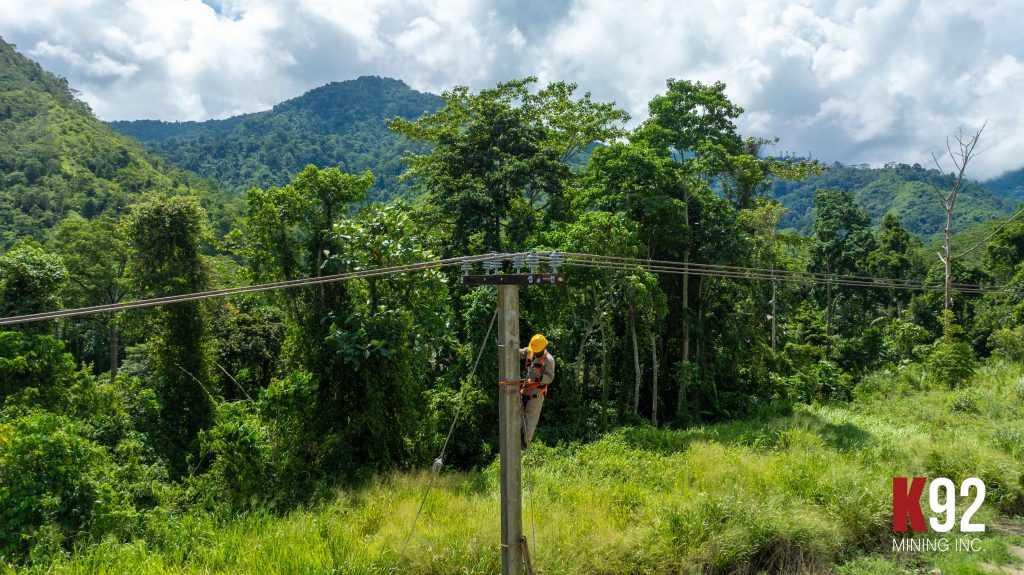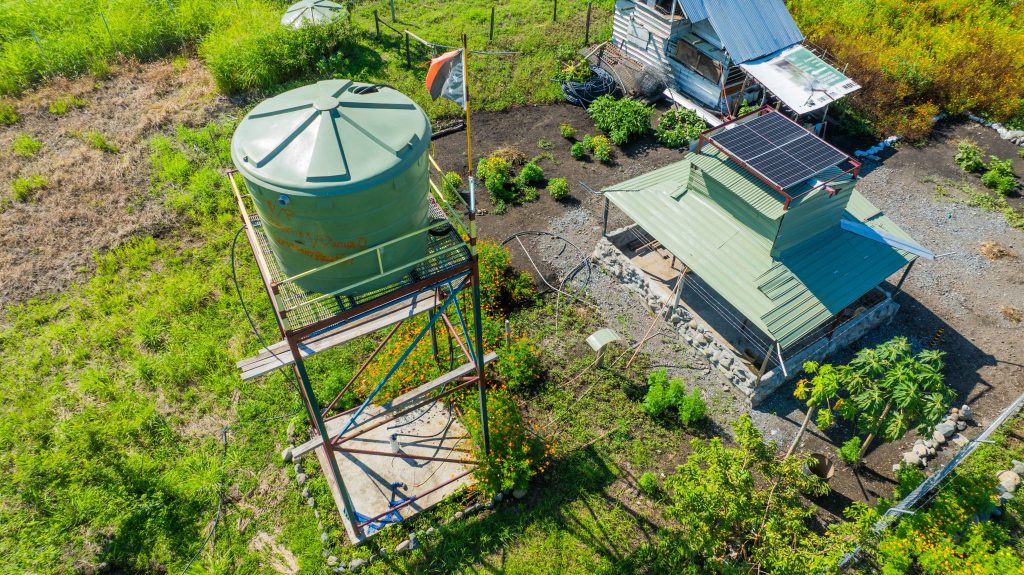
The Papua New Guinea Chamber of Resources and Energy (PNG CORE) provides further details on its Climate Change Policy initiative to address the challenges and opportunities of climate change in Papua New Guinea (PNG).
This policy aligns with the International Standard for Sustainable Development and emphasises PNG CORE’s commitment to collaboration and sustainability, as well as its strategic priorities.
The vision of PNG CORE is to guide Papua New Guinea’s resources and energy sectors in managing climate change through cooperation and innovative solutions. PNG CORE aims to support policies and actions in line with the Paris Agreement to mitigate climate change impacts and promote sustainable development. Additionally, the Chamber seeks to enhance climate resilience through knowledge sharing, capacity building, and technology transfer.

PNG CORE Sustainability and Climate Change Committee Chair Felix Kipalan states, “PNG CORE encourages responsible practices to reduce greenhouse gas emissions and protect biodiversity. Engaging stakeholders in dialogue to promote climate-smart investments and initiatives is also a key focus. Furthermore, we are dedicated to helping communities, especially those dependent on the resources and energy sectors, adapt to climate change and build resilience.”
To achieve these goals, PNG CORE has outlined several key objectives:
- Policy Advocacy: PNG CORE aims to integrate climate change considerations into national policies and development plans, support the strengthening of appropriate regulatory frameworks for climate action through collaboration, and advocate for incentives to support climate-friendly investments and practices.
- Capacity Building and Education: PNG CORE supports members’ individual actions in relation to awareness and training programs on climate change adaptation and mitigation, development of educational materials, and partnerships with educational institutions to include climate-related topics in their curriculum.
- Innovation and Technology Transfer: PNG CORE will facilitate knowledge exchange and technology transfer, support research and development for climate solutions, and promote clean and renewable energy technologies.
- Stakeholder Engagement and Collaboration: PNG CORE is committed to convening forums and networking events for stakeholders, partnering with industry associations, NGOs, academia, and civil society organisations, and establishing working groups to address specific climate challenges.
“Our members are committed to community empowerment and resilience building by supporting community-led initiatives for climate resilience and sustainable livelihoods, providing technical assistance and funding for community-based projects, and promoting inclusive decision-making processes that prioritise impacted communities,” said Mr. Kipalan.

